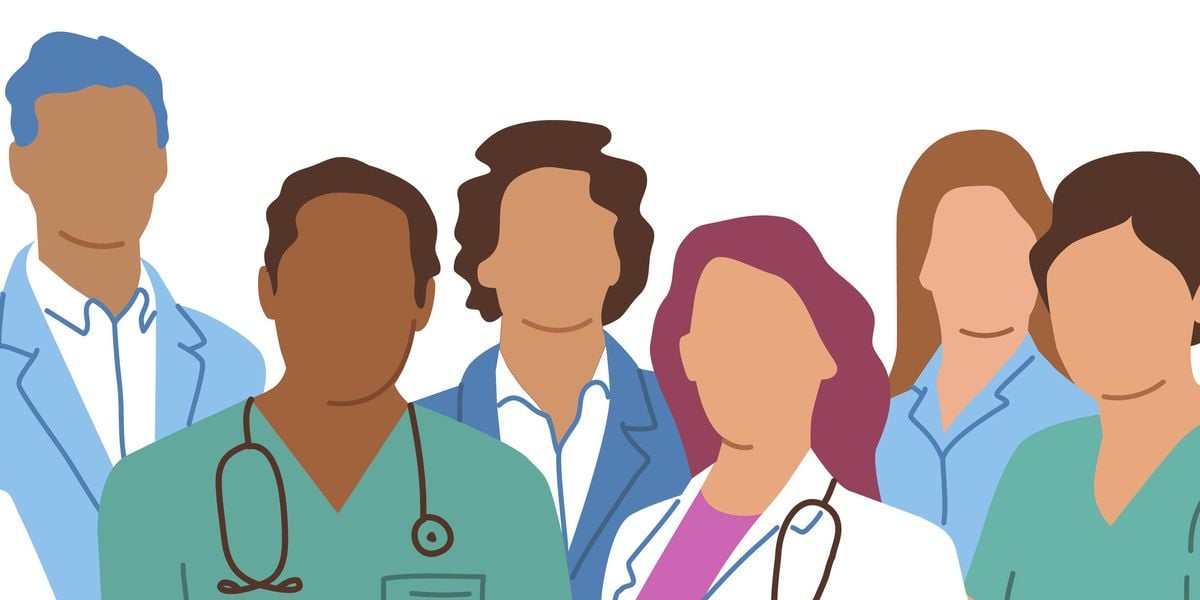The mountains and blissful views are major attractions of Switzerland, with the Matterhor, Mount Pilatus and the Jungfrau summit offering tourists experiences to last a lifetime.
Lake Geneva also provides sensational photo opportunities, while the climate in Switzerland is very similar to that of the United Kingdom.
Visiting Switzerland
Switzerland can be accessed from the United Kingdom most easily by plane, car or train.
Travelling by plane from London to Geneva, the second most populous city in Switzerland, on a non-stop flight will take around one hour and 40 minutes.
Driving, meanwhile, will see you absorb the sights of France, with journey times around 11 hours. The train, departing from St Pancras International, will take slightly less than this at an average of roughly eight hours.
If you are unsure as to how best to stick to your medication schedule then it is best to discuss a plan with your diabetes specialist.
Time difference
Switzerland is one hour ahead of British Summer Time and two hours ahead of Greenwich Mean time, which should not require significant adjustments to your diabetes management.
Currency
The currency in Switzerland is the Swiss Franc. ATMs are found in high frequency and offer favourable exchange rates as a convenient way of obtaining francs. Otherwise, most major credit and debit cards are accepted across establishments such as supermarkets and restaurants.
Vaccinations
There are no mandatory vaccinations required to enter Switzerland, however, rabies can be found in bats in Switzerland, so it is advised for those planning activities in remote areas that put them at risk for bat bites to receive a rabies vaccine.
UK Global Health Insurance Card
Apply for a GHIC (UK Global Health Insurance Card) – you can apply online at https://overseas-healthcare.nhsbsa.nhs.uk/get-healthcare-cover-travelling-abroad/start and you can receive free cover in some European countries.
Access to medication
Diabetic medication is available in Switzerland, but payment is required from a pharmacy. However, possessing an EHIC card allows you to receive treatment at a lesser cost and this money can be recouped when you get back into the UK.
The emergency services telephone number to be called in Switzerland is 112
It is advisable to contact the manufacturing company of your medication prior to leaving the UK to find out what is available in Switzerland if your medication gets lost, stolen or damaged.
It is also worth checking to see what different names your medication may be listed as.
Insulin
You should note which syringes are available in Switzerland, with U-100, U-80 and U-40 syringes the most commonly used.
The vast majority of insulin in the UK is U-100 insulin. If you need to take a different strength of insulin, say in an emergency, it’s important that you use the correct device and syringes for that insulin.
For example, you would use a U-40 syringe for U-40 insulin. You will need to work with a doctor getting the right dose if you’re using a different form of insulin.
Diabetes associations
It is important to note the diabetes associations in the country you are travelling to in case of an emergency.
There is one diabetic association in Switzerland, the addresses is:
- Schweizerische Diabetes-Gesellscheft (a member of the International Diabetes Federation (IDF) since 1958), Rütistrasse 3a, 5400 Bade, Switzerland
Tel: +41-56-2001790
Email: [email protected]
Questions
- How is blood glucose measured in Switzerland? Blood glucose levels are measured in mmol/l, as they are in the UK.
- What language is spoken in Switzerland? German is mostly spoke, although French and Italian are common as well.
- Will I need an international driving license when driving in Switzerland? No
- If I want to hire a vehicle during my visit, will I face any form of discrimination? No
- What sugar free drinks are available in Switzerland? Soda water and artificially sweetened mineral water in different flavours






